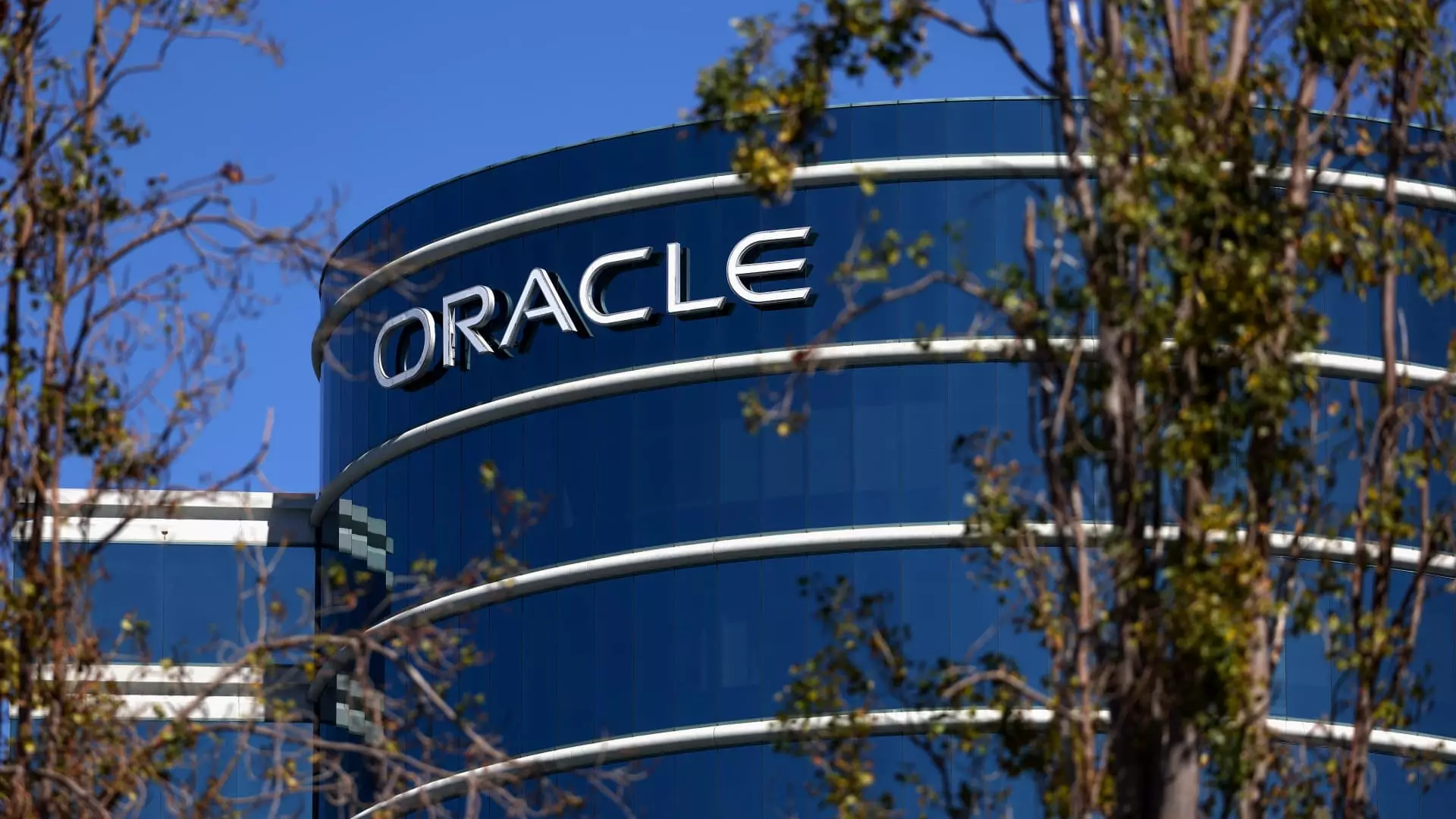The energy consumption of artificial intelligence (AI) technologies is reaching unprecedented levels, as illustrated by recent statements from Larry Ellison, the co-founder and chairman of Oracle. During a recent earnings call, Ellison discussed the company’s ambitious plans to harness next-generation nuclear power to meet this surging demand. His remarks, described as “bizarre,” highlight not only the challenges posed by the evolving tech landscape but also the innovative solutions companies are compelled to explore to maintain operational efficacy.
Ellison emphasized, “The electricity demand from artificial intelligence is becoming so crazy,” suggesting that the traditional energy infrastructure may soon buckle under the weight of these technological advancements. The need for more efficient and sustainable energy sources has never been more pressing, especially with AI processes becoming more integrated across various sectors, from manufacturing to service industries.
Oracle’s ambitious plan involves constructing a data center that will need over a gigawatt of electricity to function. To achieve this, Ellison proposes utilizing three small modular nuclear reactors, a game-changing technology that promises to deliver reliable, carbon-free energy. He stated, “They’ve already got building permits for three nuclear reactors,” underscoring the readiness of Oracle to plunge into this new energy frontier.
Small modular reactors (SMRs) are designed to be compact and efficient, typically generating around 300 megawatts of power, significantly smaller than traditional reactors. This modularity allows for prefabrication and faster deployment, which could considerably reduce the costs associated with larger nuclear plants. However, the technology remains largely untapped in the U.S., with most experts predicting its commercial rollout won’t occur until the 2030s.
The escalating energy demands from AI and intensified electrification of the economy make traditional energy sources increasingly inadequate. As noted by Ellison, failure to pivot towards innovative solutions could place immense strain on the existing electrical grid. The discussion around nuclear power is particularly important in that context, offering a path forward for sustainable energy generation.
Currently, the global landscape for small modular reactors is limited. Operational examples exist in China and Russia, highlighting a competitive edge that the U.S. could potentially lose if it does not invest in these promising technologies. Ellison’s statement serves as a clarion call for American innovation in nuclear energy, an arena that could enhance energy security and reduce carbon footprints.
While the vision of a nuclear-powered data center is engaging, it is not without challenges. The regulatory and public perception hurdles surrounding nuclear energy are considerable. As Oracle looks to pave this new path, it will have to navigate complex safety regulations and community concerns regarding the deployment of these technologies. Thus, Ellison’s claims may seem bizarre today, but they reflect a critical inflection point for the tech industry and energy generation.
Oracle’s exploration into nuclear energy underscores not only a significant shift towards sustainable power solutions but also a broader dialogue about energy security in an increasingly AI-driven economy. The coming decade will determine whether Ellison’s ambitious plans are visionary or merely a product of the “crazy” demands made by the current technological landscape.

